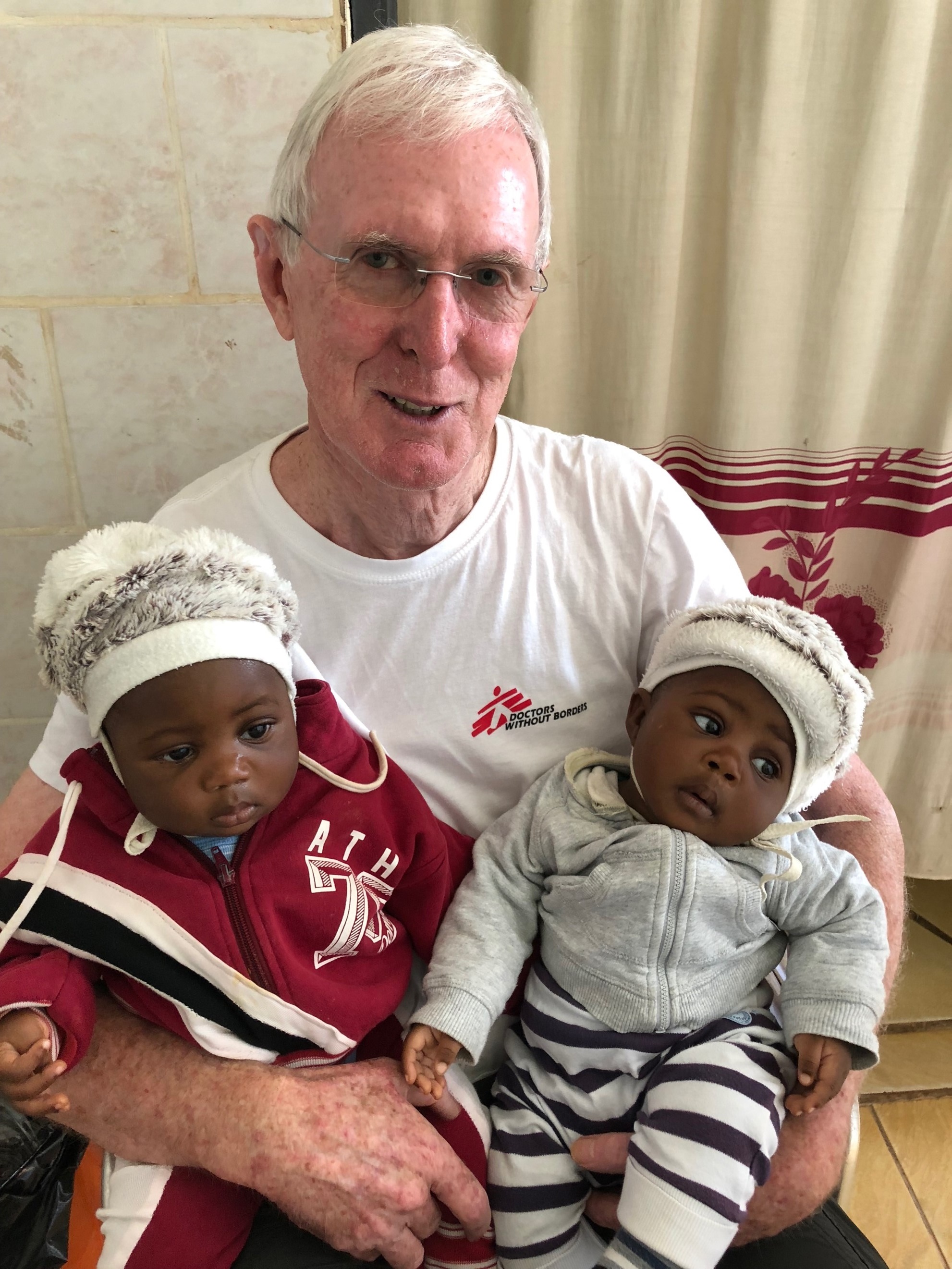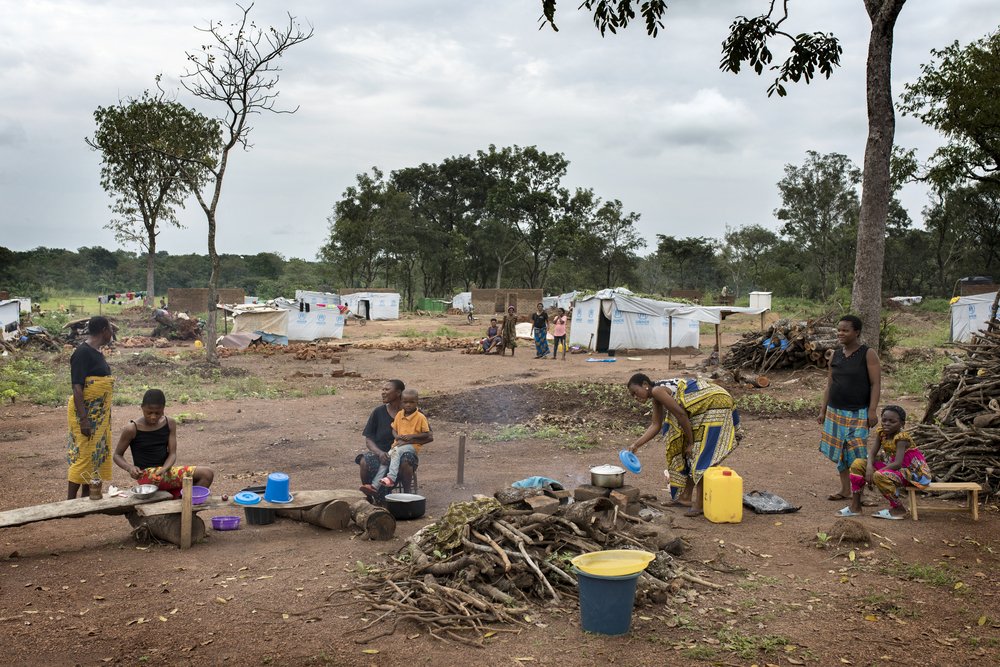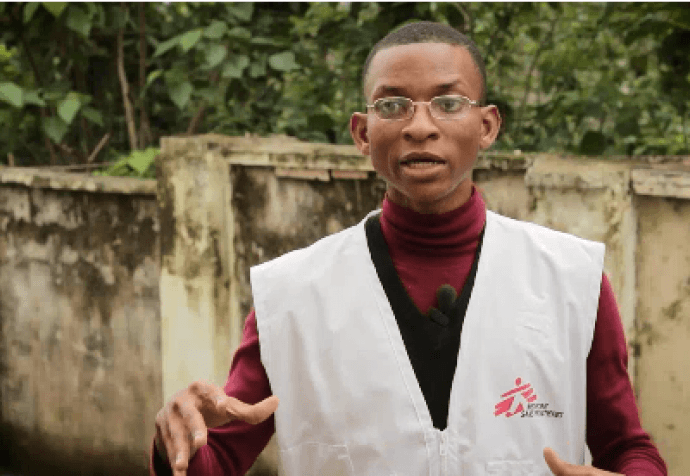What led you to work with MSF?
I’d always wanted to work overseas. I’d also long admired MSF and it had been on my mind to join. Once I retired, I thought it was time to do something.
You’ve recently returned from working as a surgeon with MSF in Bamenda, Cameroon. What are our teams doing in Bamenda?
MSF is responding to the medical and health needs of local populations affected by violence in the South-West and North-West regions of Cameroon. Tens of thousands of people have fled the country and hundreds of thousands more are displaced within the western regions. There are frequent clashes between armed groups, most schools are closed, and many health centres have been destroyed. Many people have been forced to seek shelter in the bush to avoid attacks, where they face a lack of food and difficulty reaching healthcare.
Even if patients can reach a health facility, many cannot afford treatment. In Bamenda, the capital of the North-West region, we are supporting a private hospital and working to strengthen the capacity of the health system to respond to emergencies.



